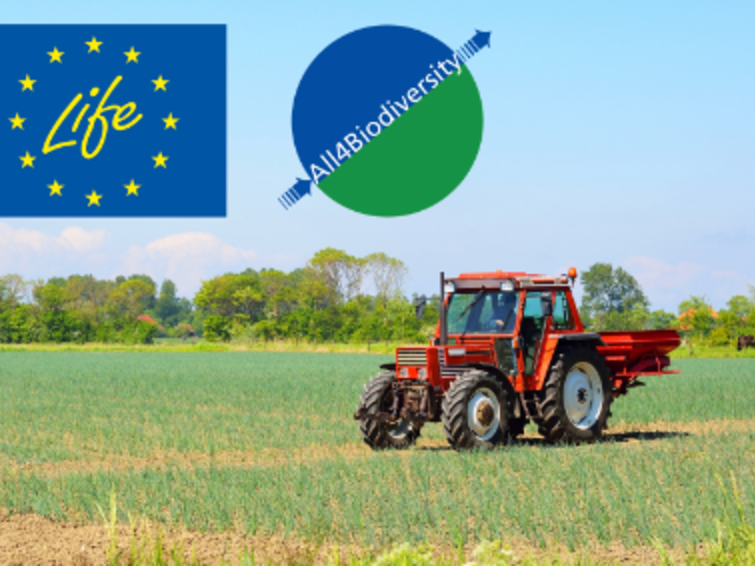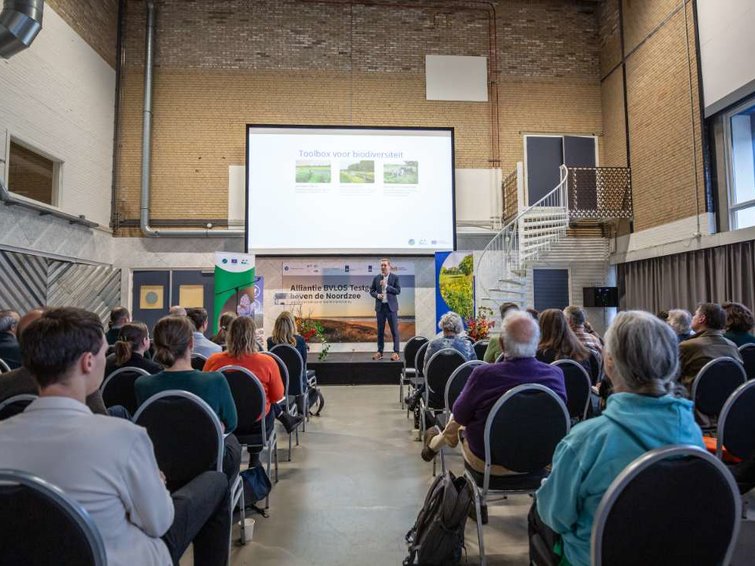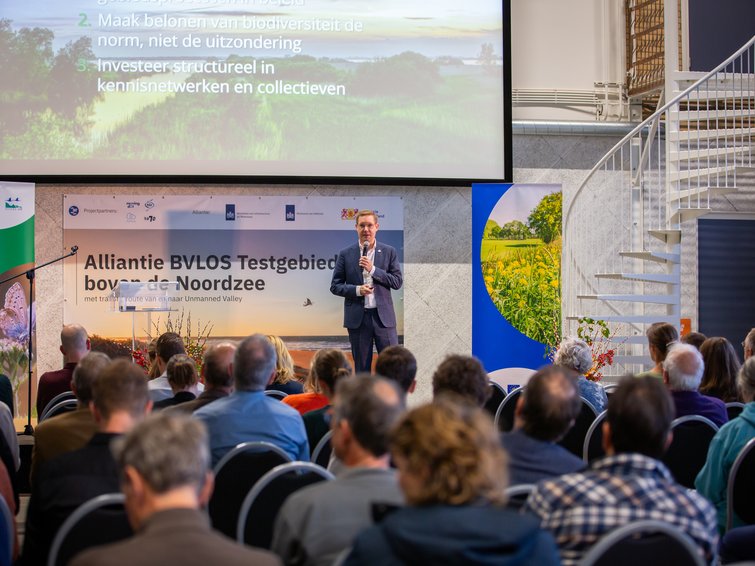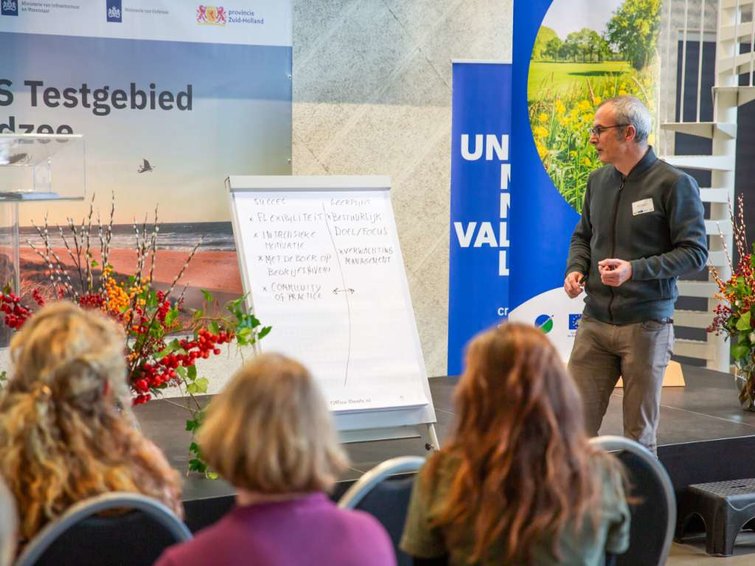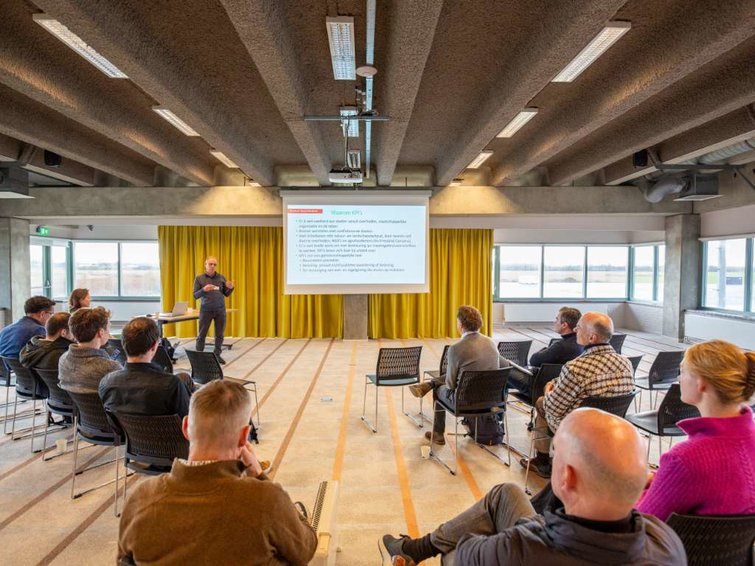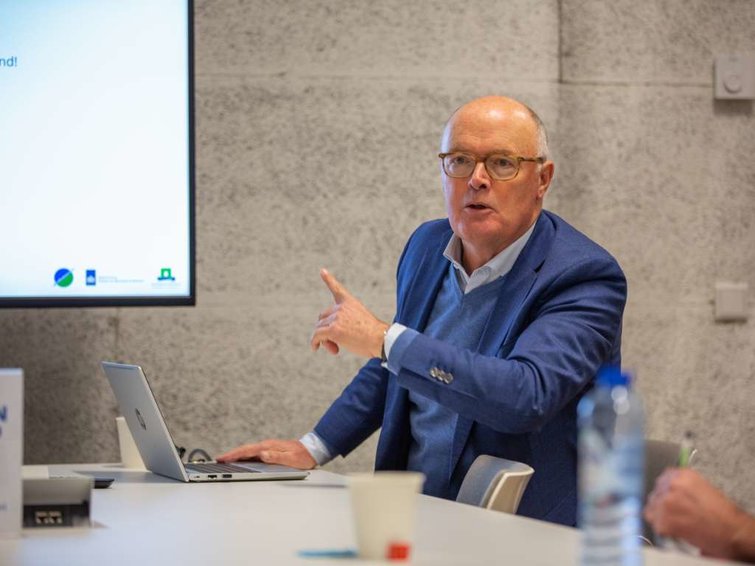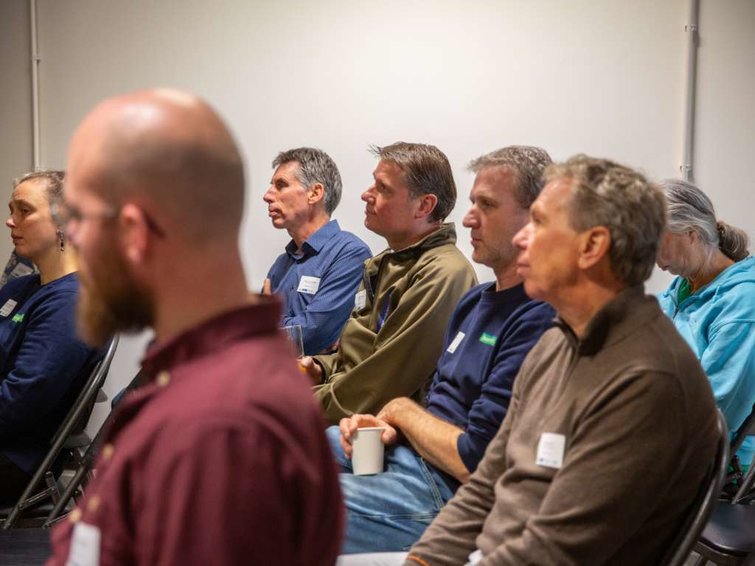- LIFE IP Natureman (Denmark): The farmer as a manager of nature
Natureman focuses on conserving and protecting the nature types Alkaline fens, petrifying springs and grasslands in 11 Natura 2000 areas. The project wants to develop nature management as a special business branch and create and test incentives that make it economically interesting for the farmer to care for natural areas by grazing or mowing. In the project, we will work with a number of solutions to promote the economy in nature care, including e.g. to create larger contiguous natural areas through land consolidation or through organization in grazing communities, new opportunities for support schemes, technology development for livestock farming, as well as marketing and value chains for agricultural products from natural areas. Natureman’s second strategic angle is how to involve stakeholders in a holistic planning in river valleys which utilize the synergies between the Habitate Directive, Water Framework Directive, Climate Strategy and rural and regional development.
- LIFE IP GrassBirdHabitats (Germany & Netherlands): Building payment blocks for meadow bird farmers
LIFE IP GrassBirdHabitats project is an EU-funded initiative dedicated to protecting meadow birds and their habitats. Our goal is to create and connect optimal breeding and non-breeding areas along the East Atlantic Flyway.
The project focuses on habitat conservation and restoration in Lower Saxony (Germany) and Fryslân (the Netherlands) while also developing a strategic conservation plan for meadow birds in the Atlantic region of Europe and in West Africa. Accordingly, it is obligatory to maintain or use these areas in a way that is adapted to the habitat requirements of the meadow birds. To do this, we will develop an agricultural business model that sustainably rewards farmers for the number of birds they have on their fields.
- FARM LIFE (Netherlands & Belgium): Adaptive farm plans for profitable agroforestry through farmer-driven co-creation
The Farm LIFE project aimed to develop and implement sustainable farming practices through innovative agroforestry approaches. By integrating trees, shrubs, crops and animals, the project sought to improve soil health, manage erratic weather conditions such as drought, and enhance biodiversity, all while increasing farmers’ income.
Together with farmers we developed Adaptive Farm Plans, a customised agroforestry farm plan with step-by-step guidance that helped farmers create profitable business models tailored to their specific conditions.
These Adaptive Farm Plans resulted in 30% more productive land resource usage compared to traditional monocultures and served long-term increases in income for farmers with +17% over 20 years. This shows that by diversifying income streams and reducing dependency on single crops, agroforestry practices have proven to be economically beneficial.
- LIFE IP All4Biodiversity (Netherlands): Developing and compiling best practices, instruments and knowledge in an online toolbox for biodiversity
LIFE IP All4Biodiversity is a six-year programme (2020-2025) to improve the quality of nature reserves in the Netherlands. We do this by research and via area-based pilots in close cooperation with partners from the surrounding areas. It is important that the measures are also financially viable, so that farmers, leisure entrepreneurs and others can continue their operations in the future. All4Biodiversity therefore pays much attention to business models for nature-inclusive agriculture and alternative business models. Research and sharing its results are important to the project. The learnings from the pilots are shared via a toolbox. In this way, the lessons learned can be replicated in other locations both in the Netherlands and abroad.
In the Netherlands there are 40 agricultural collectives that act as intermediaries between government and farmers with regard to the Dutch agri-environmental climate scheme. Around 12.000 farmers (20% of the total number of farmers) are a member of these collectives. The scheme is currently executed on about 6% of the total area of agricultural land in the Netherlands, but is expected to expand in the coming years. There are several policy developments that will have impact on the further development of the scheme. For instance the shift in national politics, the infraction procedure that the European Commission has launched against the Netherlands with regard to farmland birds, and the entry into force of the Nature Restoration Law. Sarah works as a strategic advisor at BoerenNatuur, the umbrella organisation of the 40 agricultural collectives. She will - in a nutshell - give an overview of the collective approach in the Netherlands in light of the current developments.
Our schedule:
Schedu
Time
|
Topic
|
Speaker
|
13:30 |
Start webinar |
|
| 13:30 |
Welcome to this webinar and
introduction to the programme |
Ronald Hiel |
13:40 |
LIFE IP All4Biodiversity (NL) |
Ed Weijdema |
14:00 |
FARM LIFE (NL + BE) |
Euridice Leyequien Abarca |
14:30 |
LIFE IP GrassBirdHabitats (DE) |
Heinrich Belting |
15:00 |
Break |
|
15:15 |
BoerenNatuur (NL) |
Sarah Westenburg |
15:45 |
LIFE IP Natureman (DK) |
Jørgen Bidstrup |
16:15 |
Wrap-up |
Ronald Hiel |
16:30 |
End of conference |
About the LIFE IP program:
LIFE IP All4Biodiversity aims to reduce external pressures in Natura 2000 areas by enhancing the basic quality of nature in the surrounding transition zones and the landscape beyond. In pilots across the Netherlands, All4Biodiversity is identifying promising measures and best practices, developing instruments such as quickscans and compiling knowledge to improve the quality of nature in an online toolbox for all to use. In doing so, collaboration with farmers is crucial. And we are not alone, other LIFE programmes also invest in various in-depth approaches to bridge the gap between agriculture and nature.
|
